
Keep South Carolina Wild
May 23, 2022
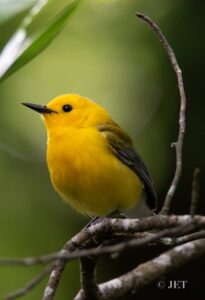
To enhance key breeding habitat for Prothonotary Warblers, the South Carolina Wildlife Federation is partnering with Duke Energy to evaluate existing habitat and construct, install, and monitor nest boxes throughout the Catawba-Wateree watershed. SCWF will coordinate with Duke’s Lake Services department, partner organizations, community members, property owners/managers, volunteers, biologists, and rangers to determine suitable nesting sites for Prothonotary Warblers that also provide access for maintenance and monitoring of boxes. The goal is to have 85 nest boxes installed by the 2025 nesting season.

Species Information:
During the spring and summer months, the Prothonotary Warbler (PROW) calls South Carolina home to feast upon insects, spiders, and snails located in and around our forested wetlands, before returning to their wintering grounds as far south as Colombia, South America. Uncommon among warblers, it is a cavity nester, which presents us a great opportunity to help save this bird whose population has declined approximately 42% over the last 50 years. Due to extensive development in the Catawba-Wateree area, suitable nesting sites are disappearing. Buildings have replaced forested shorelines and there are far fewer dead trees for nesting. Cavity-nesting birds are greatly affected as hollow trees are removed to protect existing property and for new development.
Hosting a Box (Nest Box Criteria):
Prothonotary Warblers prefer low-lying areas that are easily flooded. Nest boxes should be placed in a shady area with an open understory and located within 16 feet of or directly over standing or slow-moving water. Boxes are placed on a metal pole, with the bottom of the box about 5 feet off the ground. Conical shields are used and installed 2 feet below the mount and tightly around each post to protect eggs and chicks from climbing raccoons, snakes and other predators. Prothonotary Warblers begin looking for sites upon return to SC, in early spring. Once the birds start using a nest box, it will likely be used to raise many broods over the years.
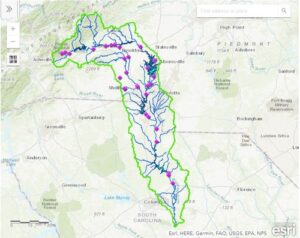
Host sites will be encouraged to collect data for each nest box installed using parameters established by internationally renowned citizen science proponent for bird conservation, The Cornell Lab of Ornithology, NestWatch. This nationwide monitoring program is designed to track status and trends in the reproductive biology of birds, including when nesting occurs, number of eggs laid, how many eggs hatch, and how many hatchlings survive. SCWF will train each participant to properly monitor, collect and report data. Check back soon for webinars and training workshops.
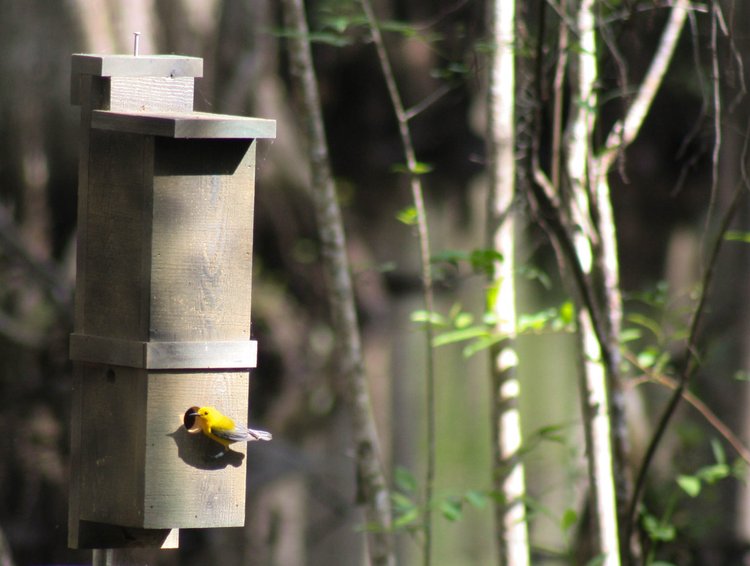
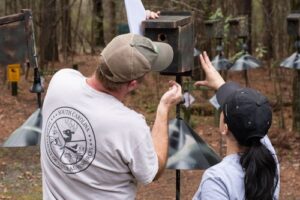
Volunteer Opportunities:
Volunteer involvement is integral in helping to foster community-wide awareness and appreciation for the project. The nest box project aims to engage the community in long-term and sustained conservation actions. This project is great for people of all ages. SCWF is actively searching to recruit volunteers to assist in all facets of the project, including nest monitoring and maintenance, data recording, and witnessing first hand the life cycle of these birds.
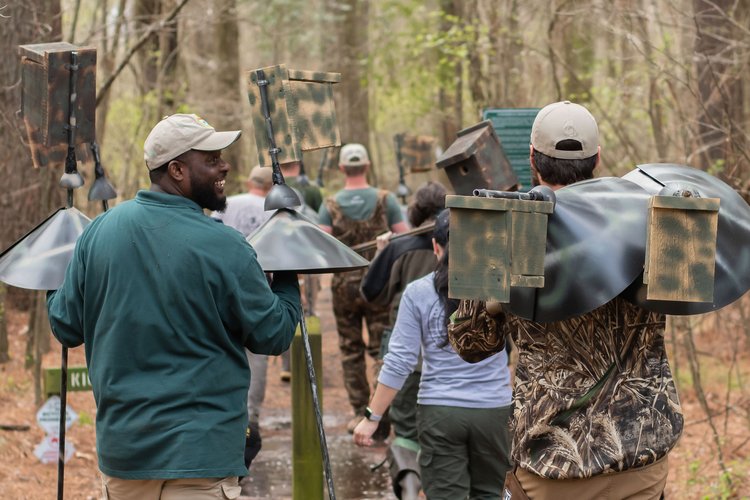
Click here to volunteer with this project

![]()
Make a Donation!
Join SCWF, private landowners, and corporate landowners in enhancing key breeding habitat areas with nest boxes. 100% of your donation will go towards materials to build, install, and maintain nest boxes. Help us ensure that the “sweet” song of the Prothonotary Warbler is a sound our swamps and forested wetlands will have for generations to come.
Tags: Habitat, upstate, Wildlife, SCDNR, Duke Energy
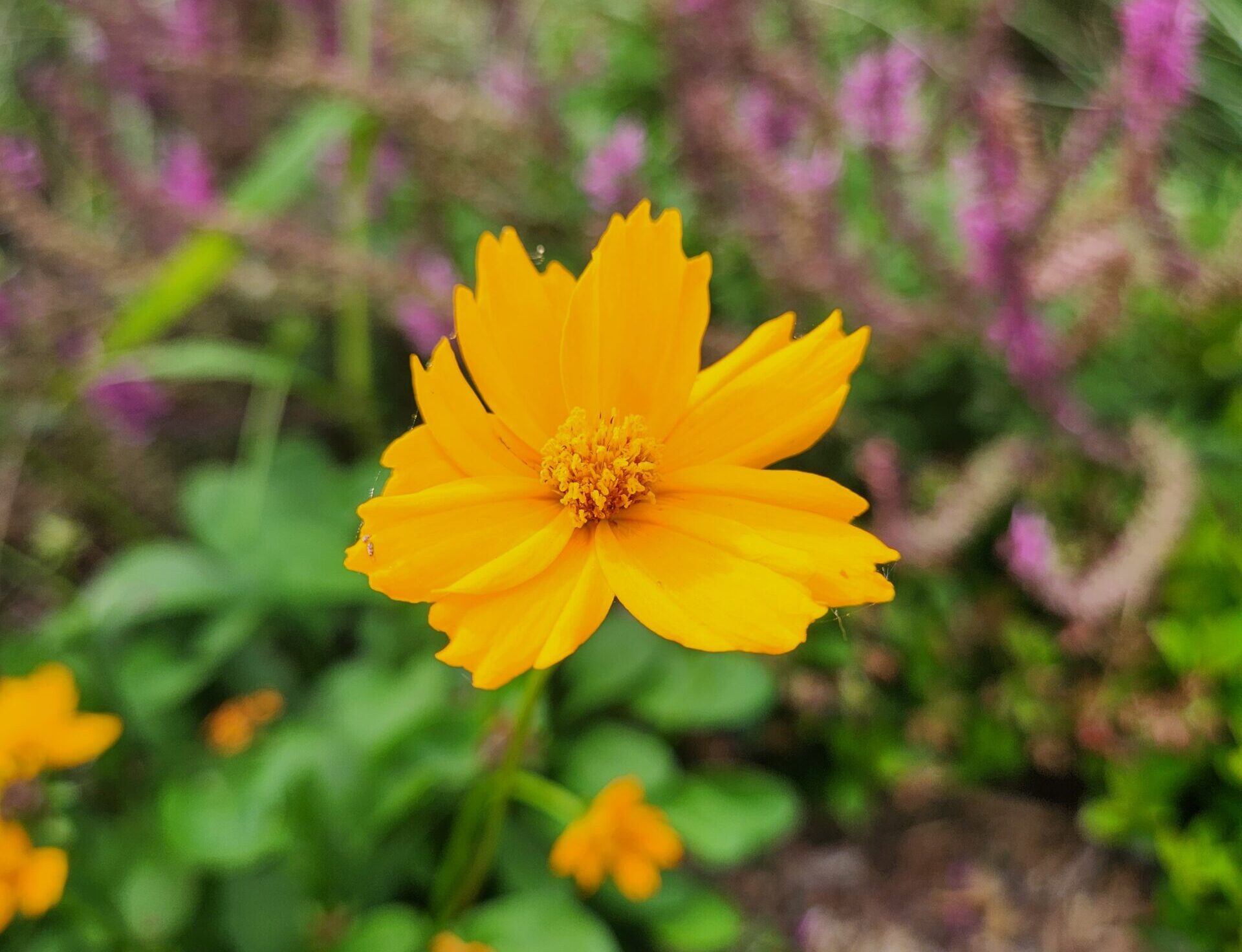
South Carolina takes a huge step forward for wildlife habitat enhancement Native plants have formed symbiotic relationships with native wildlife over thousands of years, and therefore offer the most sustainable...
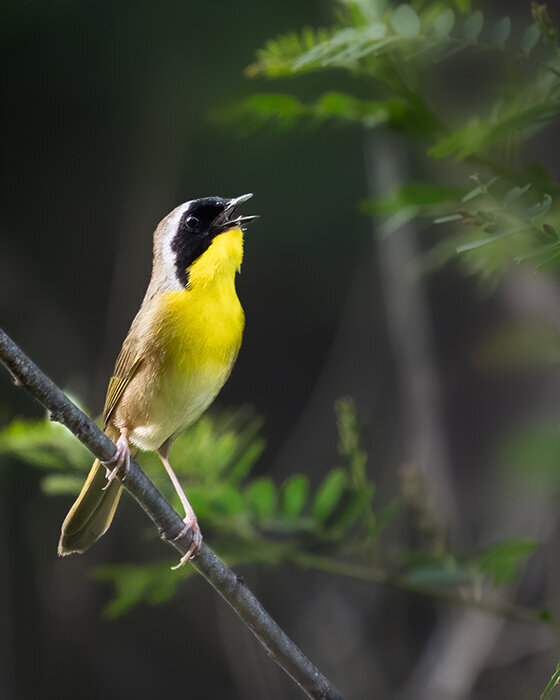
By Jay Keck, Habitat Education Manager for Chapin Magazine Bird. Say it out loud. It’s not the most exciting word in our dictionary, but it represents one of the most...
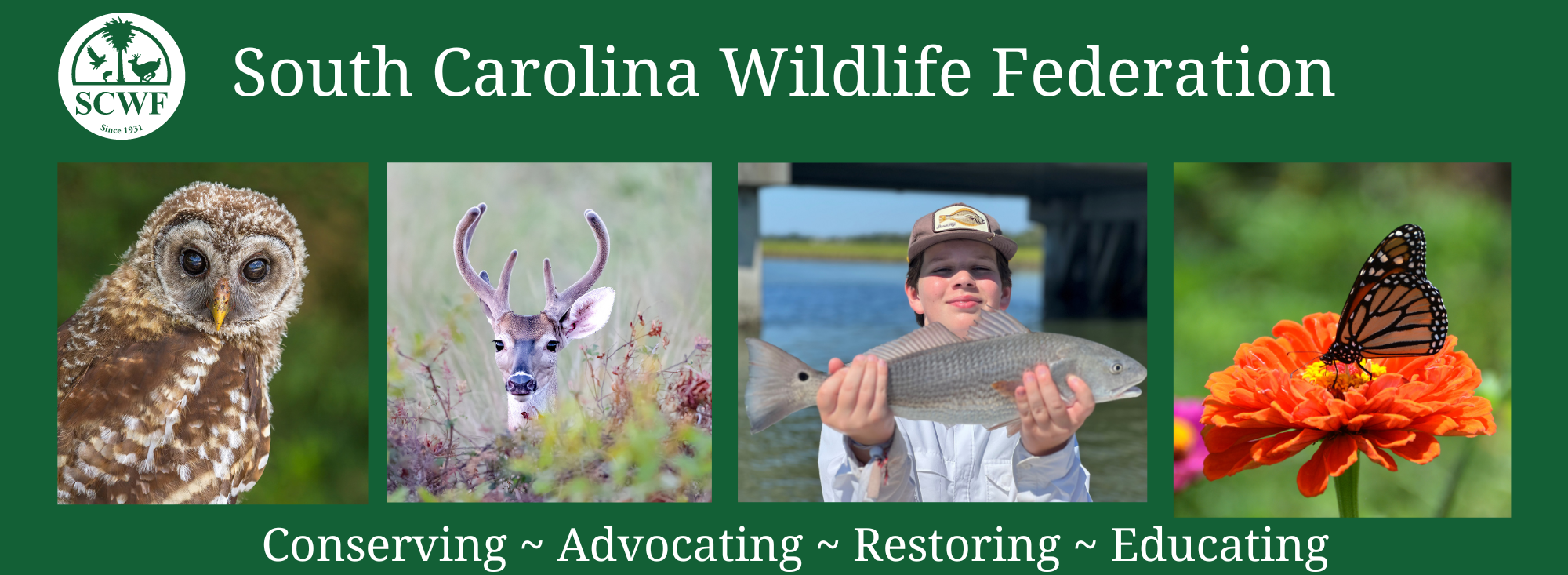
Want to be the first to know about our events, classes, and volunteer opportunties? Sign up here to receive our monthly eNewsletter in your inbox. SCWF is devoted to helping...